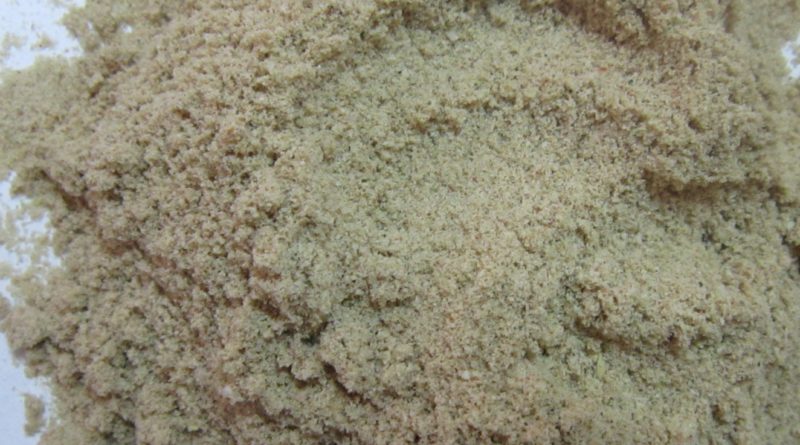Giving value to stickwater of the fishmeal production process
In the framework of REFISHEIN project, researchers from Leitat and LEF Ingenieros created a method that extracts, purifies and recovers the protein present in the stickwater thanks to a hybrid process.
Laura Pérez MegÃas, Sandra Balsells, SÃlvia Juncà , Camilo Avedaño, Edxon Licon-Bernal, Xavier Simón Font, Montse Jorba and Julia GarcÃa-Montaño, from Leitat and LEF Ingenieros, both entities from Barcelona (Spain), published a technical paper entitled “Valorization of the protein fraction of the stickwater of the fishmeal production process through enzymatic hydrolysis and ceramic filtration.” In the project, AZ IngenierÃa (Spain) y Máquinas Ltda (Chile) also participated in the project.
The analysis has to do with the fact that during the production of several foods and food products of the fishing sector an inevitable loss of protein occurs due to the production of fishmeal. Most of these losses of valuable products are found in water, for example, when dehydration is carried out by centrifugation. The aqueous by-product in these facilities is known as stickwater and may contain 8-10% solids with an important protein content.
“Due to this protein content, stickwater is of particular importance from a technical, environmental and economic point of view. In addition, the wastewater produced by the fishing industry is the main source of pollution on the seabed and seawater when it spills into the ocean where these types of industrial plants are established. Therefore, it is important to create a viable route to treat the stickwater correctly and, in turn, to recover valuable substances present in it, argue the signatories of the technical article.
Source: AQUA

